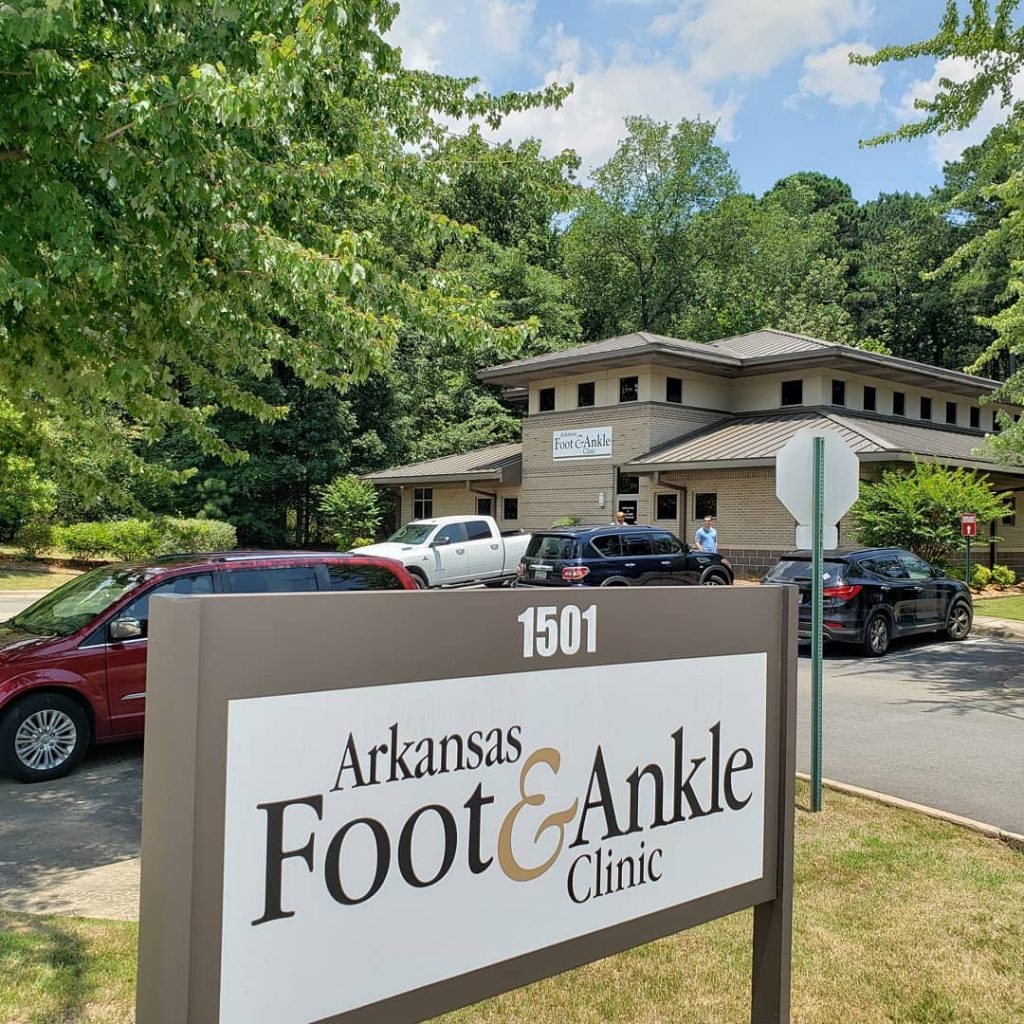In July Planned Parenthood of the Great Plains announced plans to open a new abortion facility in west Little Rock.
The facility reportedly will be housed in a former foot and ankle clinic in the 1500 block of Aldersgate Road.
It’s sadly ironic that the nation’s largest abortion provider is placing an abortion facility on a road named after the place in England where the Rev. John Wesley had a profound religious awakening before he started the Methodist movement in the 18th century.
Based on legal documents and state reports from 2017, Family Council estimates that Planned Parenthood is responsible for approximately 70% of all chemical abortions in Arkansas.
In May Planned Parenthood of the Great Plains held a fundraiser in Little Rock, where they reportedly raised $115,000.
Planned Parenthood currently has an abortion facility on 12th Street in Little Rock, and that facility reportedly will remain open while the group transitions to the new facility on Aldersgate.
In Fayetteville, Planned Parenthood is searching for a new facility location after the group’s landlord reportedly opted not to renew Planned Parenthood’s lease earlier this year.
As a result, Planned Parenthood has stopped doing abortions in northwest Arkansas for the time being. That’s really good news.
Despite the fact that Planned Parenthood is unveiling a new facility in Little Rock, here’s something important to remember:
Abortion in Arkansas has been in decline for years.
In 2018, Arkansas’ abortion numbers hit a 42-year low, and public opinion polling shows most Arkansans believe abortion ought to be completely illegal or legal only under certain circumstances.
Slowly but surely, we’re winning the fight to protect innocent human life in Arkansas.
READ MORE





